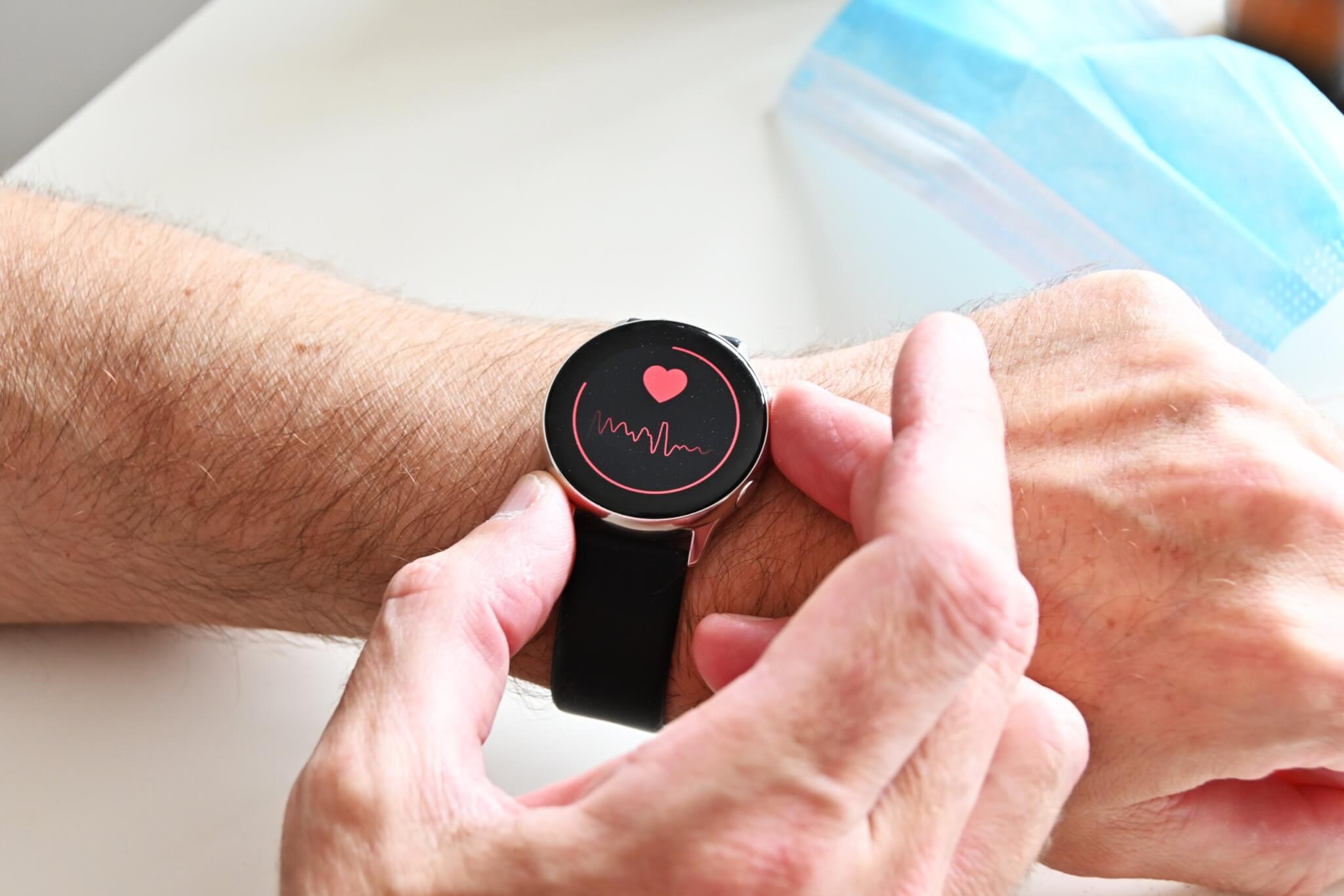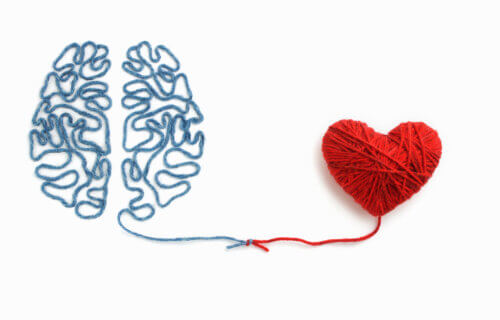ITHACA, N.Y. — It’s often said we should live in the moment, but just how long does “the present” last anyway? It may seem like a simple question at first, but perceptions of time aren’t nearly as straightforward or predictable as the hands on a clock. Now, research from Cornell University suggests subjective perceptions of time may actually be influenced by one’s heartbeat.
Their latest study found our momentary perception of time is not continuous, but may stretch or shrink depending on each heartbeat. According to Adam K. Anderson, a professor in the university’s Department of Psychology and College of Human Ecology, this work lends further credence to the notion that the heart is one of the brain’s important timekeepers. Scientists show how heartbeats play a fundamental role in how we perceive the passing of time.
This idea may sound odd at first, but it’s been contemplated since ancient times.
“Time is a dimension of the universe and a core basis for our experience of self,” Prof. Anderson says in a university release. “Our research shows that the moment-to-moment experience of time is synchronized with, and changes with, the length of a heartbeat.”
How heartbeats play role in our sense of time
Time perception has typically been studied over longer intervals, and prior studies have found that thoughts and emotions may distort our sense time, perhaps making it fly by or slow to a crawl. Sadeghi and Anderson recently reported, for instance, that crowding on a simulated train ride seemed to make time pass more slowly. Such findings, according to Anderson, reveal how people usually think about or estimate time, rather than our direct experience of it in the present moment.
So, in an effort to investigate that more direct experience, the research team analyzed if perception of time is related to physiological rhythms — more specifically, natural variability in heart rates. The cardiac pacemaker “ticks” steadily on average, but each interval between beats varies somewhat and is a tiny bit longer or shorter than the preceding one, like a second hand clicking at different intervals, for example.

Study authors were able to harness that cardiac variability via a novel experiment. A total of 45 study participants (ages 18-21, no medical history of heart issues) were monitored using electrocardiography, or ECG, measuring heart electrical activity at millisecond resolution. That ECG was also linked to a computer, allowing brief tones lasting 80-180 milliseconds to be triggered by heartbeats. Individuals reported whether tones were longer or shorter relative to others.
The ensuing results uncovered what study authors refer to as temporal wrinkles; when the heartbeat preceding a tone was shorter, the tone was perceived as longer. Conversely, when preceding heartbeat was longer, the sound’s duration felt shorter. “These observations systematically demonstrate that the cardiac dynamics, even within a few heartbeats, is related to the temporal decision-making process,” study authors write.
The research also reports that the brain can influence the heart. After hearing tones, study subjects focused their attention on the sounds. This “orienting response” changed their heart rate, consequently affecting their perception of time.
“The heartbeat is a rhythm that our brain is using to give us our sense of time passing,” Prof. Anderson adds. “And that is not linear – it is constantly contracting and expanding.”
The observed association between time and the heart indicates our perception of time on a moment-to-moment basis is rooted in bioenergetics. It’s likely assisting how the mind manages effort and resources based on various changing body states, including heart rate. Prof. Anderson posits that during sub-second intervals too brief for conscious thoughts or feelings, it is the heart that regulates our experience of the present moment.
“Even at these moment-to-moment intervals, our sense of time is fluctuating,” he concludes. “A pure influence of the heart, from beat to beat, helps create a sense of time.”
The study is published in Psychophysiology.

In my opinion, it is not a coincidence
that the resting heart rate of a healthy person is 60 beats per minute.
The human heartbeat is the origin of a second in time
which I wrote about here in 2013.
http://www.best-motorcycle.com/other/origin-ounce-second.shtm
Why 60 and not 50 or 100 beats to signify a time segment?